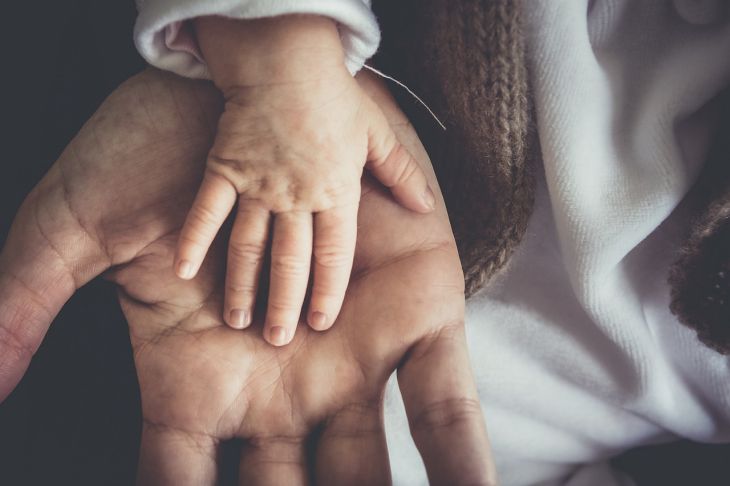A question that many parents ask themselves.
Daria Zakharova, developmental psychologist, psychosomatic therapist, master of Social Psychology, dean of the faculty of child psychology at the SARGI Institute of Psychology, told how to properly raise a child.
If you ask the question: “What kind of future would you like your child to be?”, most people will most likely answer: a happy, active, independent, purposeful, responsible person who is able to take into account the opinions of others and at the same time not forget about himself!
Let's see what introductory education and development of a child will most contribute to exactly this portrait in the future.
A child comes into this world physically very similar to an adult, only in a smaller version. Eyes, hands, fingers, neck - both a child and an adult have all of these. However, what do we see if we look at a child's brain? Is it a smaller version of an adult's brain?

No, and moreover, the development of the brain (especially those parts that are responsible for all of the above-mentioned qualities of the child) depends not only on physical growth, but also on the conditions in which the child develops.
The word "education" hides the word NUTRITION, and for harmonious development physical, mental and emotional nutrition is required. Physical development requires balanced nutrition, mental development requires intellectual food, but what is required for CORRECT emotional nutrition?
This article lists five key factors that are important to consider for a child's emotional development.
Care. A child needs care, like air and food. Gentle hugs, a gentle voice, a warm look - all this gives the child the feeling that he is loved and important. At the hormonal level, the brain is “bathed” in oxytocin (the hormone of love), which affects the plasticity and flexibility of the brain.
Tears. Yes, yes, it is important and necessary for a child to cry, but with one condition: tears need to be consoled and it is necessary to help the child survive the frustration that comes with tears. Tears are a natural painkiller and also help the child develop adaptability and resilience to the fact that not everything always turns out the way you want.
The word "no". A child needs to hear and experience prohibitions for emotional nutrition. "Softly but firmly" - this is the phrase I convey to parents in relation to setting restrictions. And this factor is closely intertwined with tears, which are important to console, but not to cancel your parental decision.
Help. Parents sometimes get confused about where to help their child and where to give them the opportunity to live their own experience and learn from mistakes. When a child acquires a particular skill (holding a spoon, tying shoelaces, doing homework), we recommend not to abruptly stop helping.
Let the child feel parental support and the message: “I’m here, nearby and ready to help! I will support you and believe that you can handle it!” Try it on yourself: how would you feel if you felt unconditional support and faith in yourself from your loved ones?
Do you feel your strength increasing and the desire to explore more and more new facets of this world?
Acceptance. Every child comes into this world with a unique set of qualities, some of which parents may like, and some not so much. It is important to look at the child not through the prism of your expectations and ambitions, but to get to know him.
What does he like, what interests him, what are the preferences and characteristics of this particular person? Such knowledge and acceptance of the child will give him the opportunity to show himself as a unique personality.
To EDUCATE correctly means to create conditions for development. When a child feels that he is known and accepted, when he is given space for different emotions (and not the most comfortable ones), then all the structures of the brain develop flexibly, and in the future such investments will turn into respect for oneself, for others and for the world as a whole.








